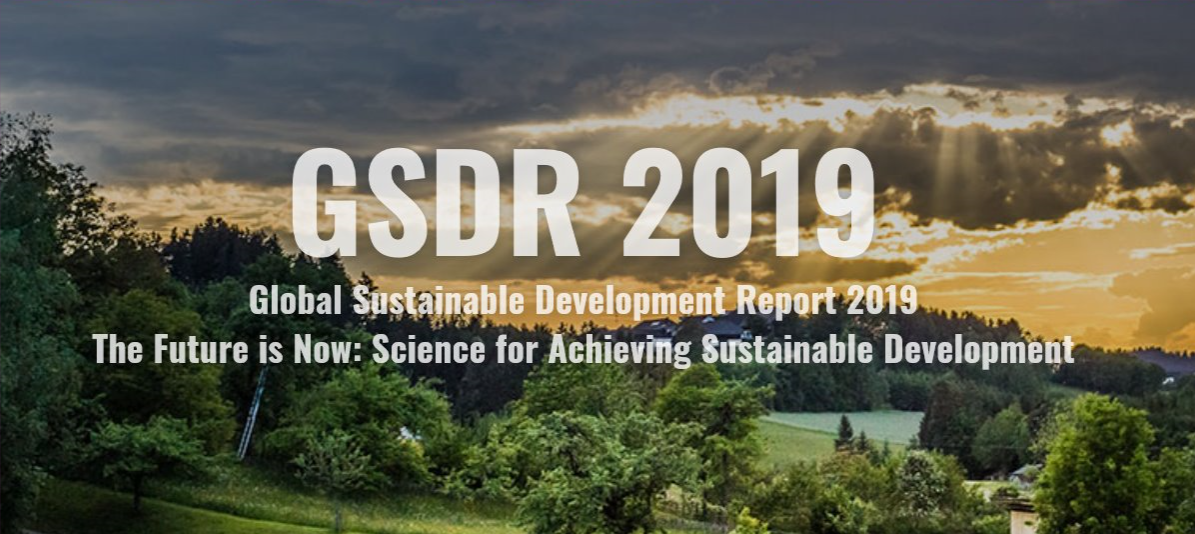As a strong advocate of the implementation of the United Nations (UN) Sustainable Development Goals (SDGs), the Global Young Academy welcomes the release of the Global Sustainable Development Report 2019 (GSDR) titled “The Future is Now: Science for Achieving Sustainable Development”. The report is available here.
The GSDR is the first report of its kind since the landmark SDGs were adopted four years ago; all countries were requested to evaluate progress on the 2030 Sustainable Development Agenda. The GSDR finds that the current development model is not sustainable, and progress made in the last two decades is in danger of being reversed through worsening social inequalities and potentially irreversible declines in the natural environment that sustains us. Scientists concluded that a far more optimistic future is still attainable, but only by drastically changing development policies, incentives and actions. The report’s Call to Action identifies 20 points where interventions can create transformative and accelerated progress towards multiple goals and targets in the coming decade.
The GSDR also reflects on the role of scientists in transforming to a sustainable pathway. It especially points out that young scientists play a central role in climate action and environmental protection. Indeed, the GSDR itself was reviewed by 6 GYA members – Aminata A. Garba (Rwanda), Robert Lepenies (Germany), Philimon Nyakauru Gona (United States), Chioma Daisy Onyige (Nigeria), Clarissa Jazmin Rios Rojas (Peru) and Ibrahim Sidi Zakari (Niger) – all of whom were nominated by the InterAcademy Partnership to the review team. Further SDG engagement by GYA members and national young academies can be found in our 2018 Yearly Report here, and on on our website here.
The GSDR originated in the Rio + 20 outcome, when UN Member States were laying the groundwork for the 2030 Agenda and the SDGs. The negotiators knew that the Sustainable Development Agenda would be complex, and unprecedented in ambition, and that the traditional siloed approach to development would not be adequate. They further recognised the power of science to understand and navigate relationships among social, environmental and economic development objectives, and so they called for a report to strengthen the science-policy interface.
In 2016, UN Member States decided that the GSDR should be produced once every four years, to inform the quadrennial SDG review deliberations at the UN General Assembly, and that it should be written by an Independent Group of Scientists appointed by the Secretary-General. They mandated that the Group would consist of 15 experts representing a variety of backgrounds, scientific disciplines and institutions, ensuring geographical and gender balance.
A complete list of the scientists involved in the report is available here:
https://sustainabledevelopment.un.org/gsdr2019#members
